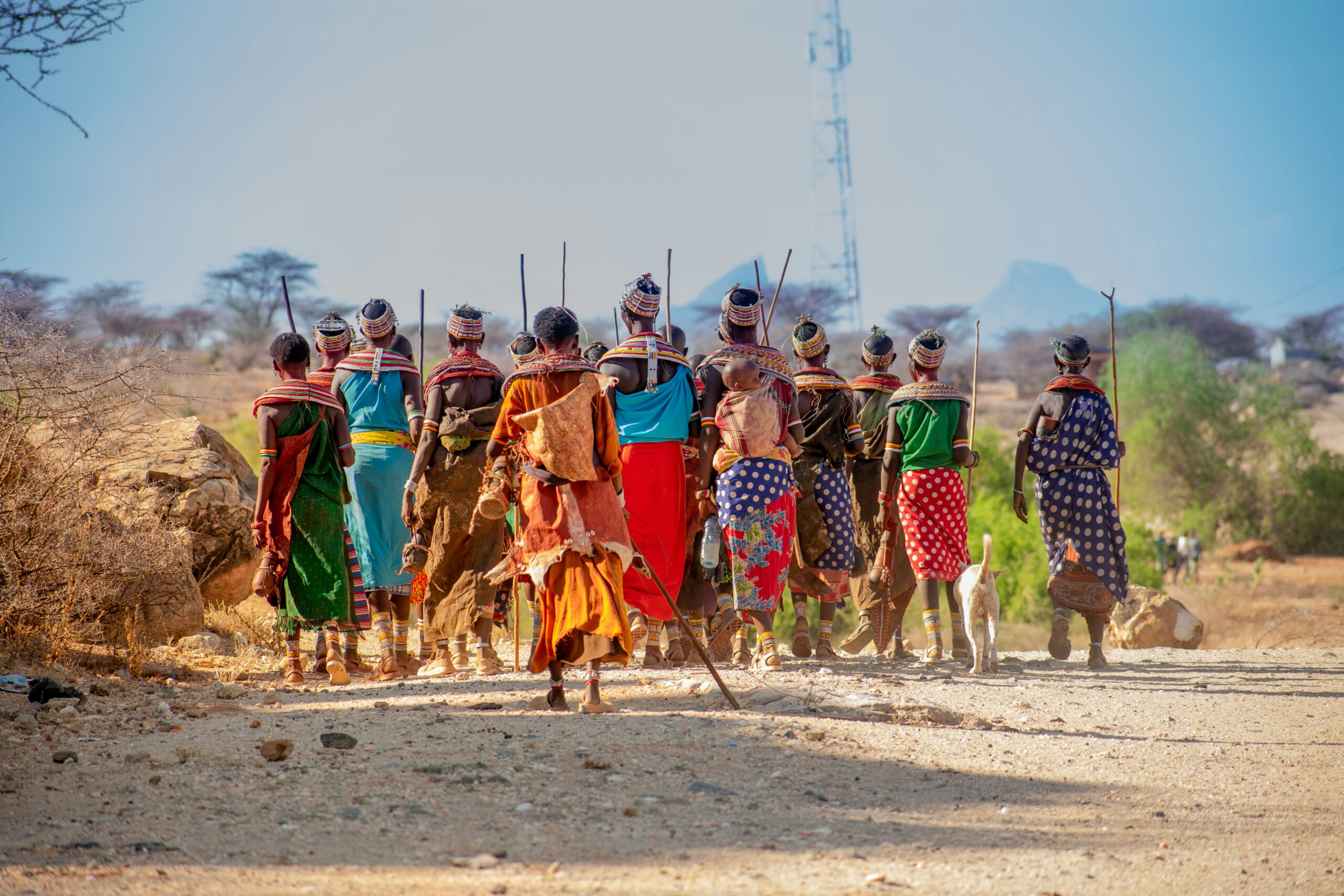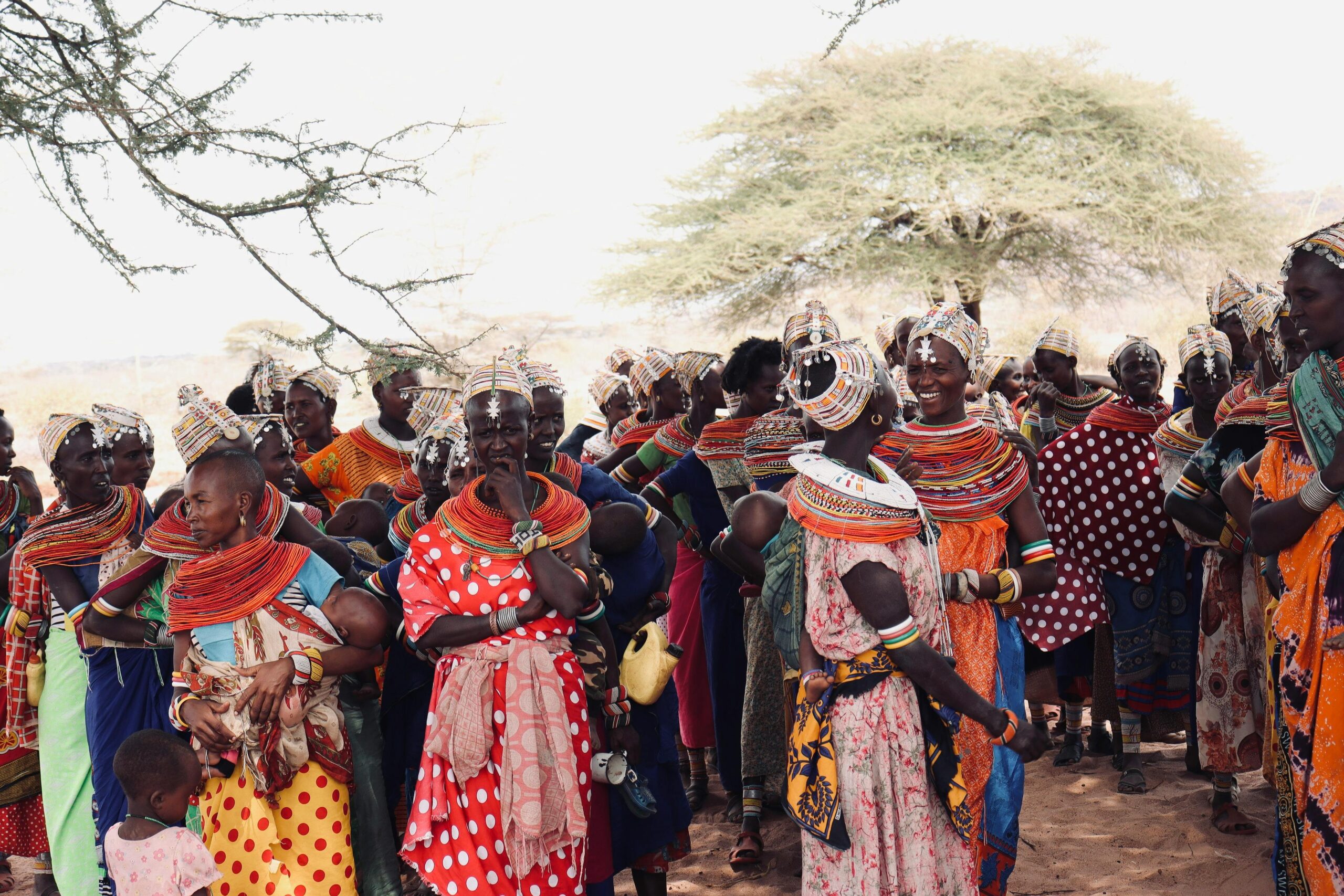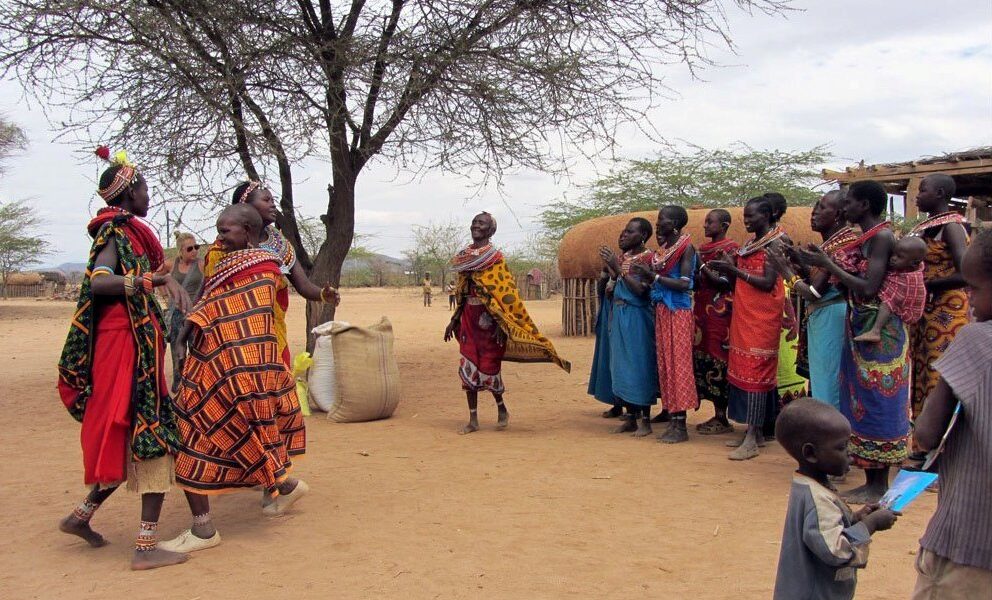The Inspiring Story of Umoja Village: A Beacon of Women’s Empowerment
 In the heart of Samburu County in northern Kenya lies Umoja Village a powerful symbol of resilience, strength and hope. Founded in 1990 by Rebecca Lolosoli, Umoja meaning unity was created as a sanctuary for women fleeing gender-based violence, forced marriages, female genital mutilation and rape. What began as a small haven has grown into a thriving, all female matriarchal community that has transformed the lives of countless women and children.
In the heart of Samburu County in northern Kenya lies Umoja Village a powerful symbol of resilience, strength and hope. Founded in 1990 by Rebecca Lolosoli, Umoja meaning unity was created as a sanctuary for women fleeing gender-based violence, forced marriages, female genital mutilation and rape. What began as a small haven has grown into a thriving, all female matriarchal community that has transformed the lives of countless women and children.
Rebecca Lolosoli a courageous Samburu woman founded the village after being rejected and beaten for speaking out about the abuse of women in her community. She envisioned a place where women could live free from fear and oppression rebuild their lives and regain their dignity. Umoja became that place a safe space governed entirely by women, where traditional patriarchal systems are replaced with cooperation shared leadership and mutual support.
Education in Umoja Village
Over the years, Umoja has expanded from a refuge to a fully functional. The village now runs as a rescue centre and also hosts nursery and primary schools ensuring that children especially girls receive education
Economic independence in Umoja Village
Empowerment in Umoja goes beyond safety. Women in the village engage in economic activities such as beadwork, tourism, cultural performances and selling handmade crafts generating income and sustaining their livelihoods. These efforts not only support the village but also contribute to the broader local economy. Through skill training and entrepreneurship, the women are reclaiming their power and creating a ripple effect of change in the region.
Umoja’s Advocacy for a Better Future
 Umoja has also become a powerful advocacy centre raising awareness about women’s rights, FGM, child marriage and domestic abuse both within Samburu and across Kenya. It has inspired other all-women communities and has attracted global attention from human rights organizations, journalists and travellers seeking to learn from its success.
Umoja has also become a powerful advocacy centre raising awareness about women’s rights, FGM, child marriage and domestic abuse both within Samburu and across Kenya. It has inspired other all-women communities and has attracted global attention from human rights organizations, journalists and travellers seeking to learn from its success.
More than just a village Umoja is a movement a shining example of what women can achieve when given the opportunity to lead, heal and thrive. It challenges deep-rooted cultural norms and proves that sisterhood, solidarity and courage can rebuild lives and reshape societies.
Challenges Faced by Umoja Village
- Hostility from local men: Some men view Umoja as a threat to traditional norms leading to verbal threats, social tension and occasional physical confrontations.
- Social isolation: The women often face stigma and exclusion from surrounding communities due to their stance against patriarchal practices.
- Limited access to healthcare: The remote location of the village makes it difficult to access proper medical facilities and emergency services.
- Inadequate educational resources: There are few learning materials and limited access to quality education for the children in the village.
- Economic vulnerability: The village relies heavily on tourism and the sale of handmade crafts which are affected by seasonality and global travel disruptions.
- Lack of government support: Despite its positive impact Umoja receives minimal assistance or recognition from government bodies.
- Water and sanitation challenges: Access to clean water and proper sanitation remains a constant struggle in the arid Samburu region.
- Climate related hardships: Droughts and harsh weather conditions affect daily life, agriculture and overall sustainability.

